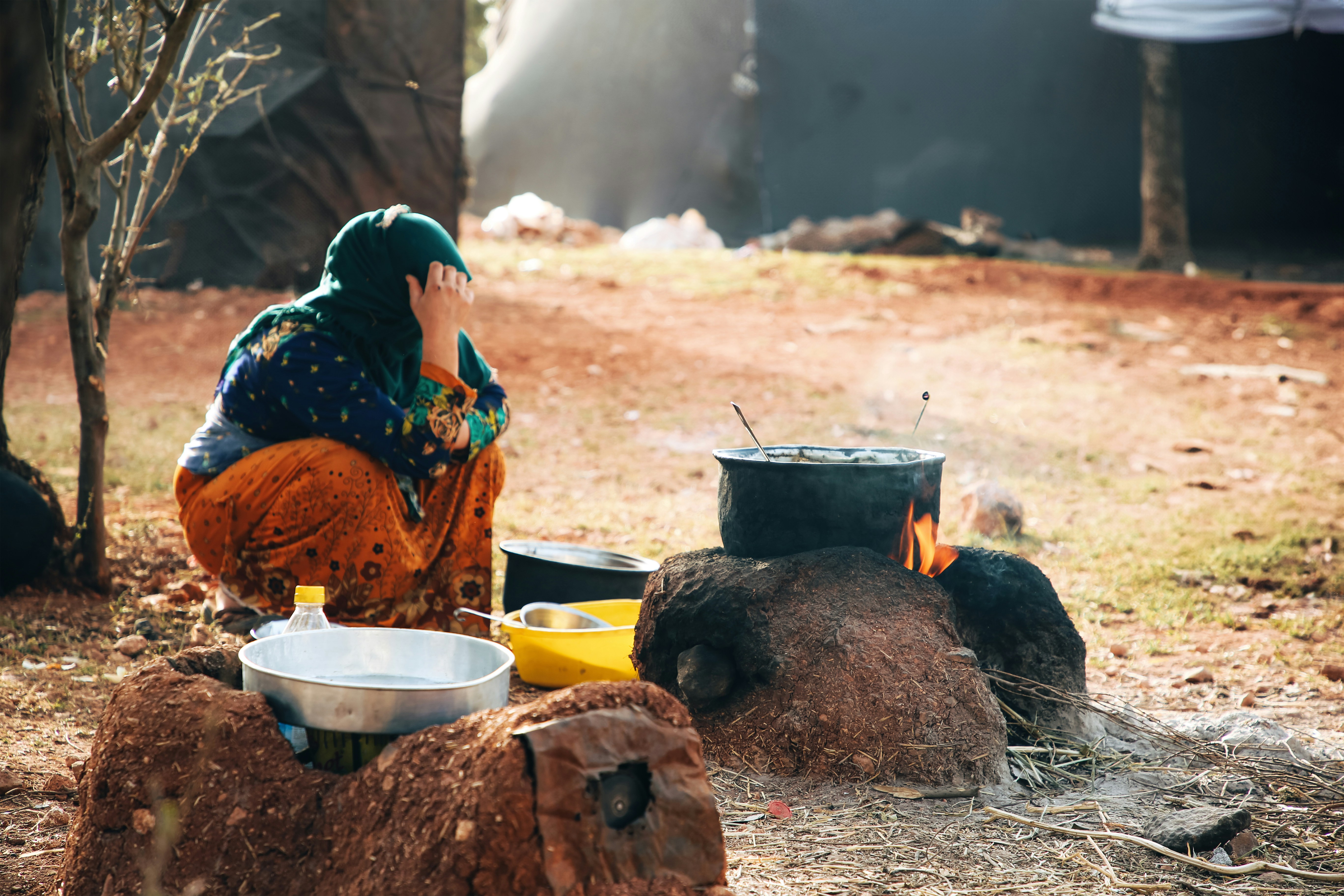
Image source - Salah Darwish
This article was originally published on Dec 30, 2024.
After two decades of NATO intervention, the Taliban regained control of Afghanistan in 2021, and their implementation of new decrees have caused international outrage and concern for the expressive and personal freedoms of Afghan women.
On the 21st August 2024, Hibatullah Akhundzada (the new supreme leader of the Taliban) introduced several new laws restricting Afghan women. Termed as ‘Morality law’, the Taliban imposed “restrictions including on general dress codes, women’s voices”, among others. These laws represent the perception of women’s bodies as ‘vices’ for Afghan men; a threat that the Taliban regime attempt to eradicate. Furthermore, on Monday the 2nd December, the Taliban communicated to its ministries that it would introduce a ban on women from attending nursing and midwife courses. The cultural practices within Afghanistan prevent women from being treated by a male doctor, which means that this ban will, concerningly, result in an inevitable increase in women’s deaths who cannot access healthcare. By stifling opportunities for women’s educative and expressive advancement, the Taliban curtails women’s public participation, stunts their career opportunities and attacks their access to fundamental human rights.
Critically, this change exacerbates existing restrictions including the requirement to have a male guardian (mahram) and the gendered segregation in public spaces. Prior to the Taliban’s return to power, Afghan women gained significant rights progress in areas such as education, employment and access to basic rights such as voting and freedom of expression. However, with the withdrawal of NATO and the re-instatement of the Taliban, there has been an oppressive reversal of rights for Afghan women.
Globally, this escalation of restrictive freedoms for Afghan women has sparked outrage from a variety of humanitarian organisations. Roza Otunbayeva (the UN’s special representative for Afghanistan) outlined how the recent laws “extended the already intolerable restrictions” on Afghan women, whilst the UN issued a statement describing the stark parallels between pre 2002 Afghanistan and the current situation under the Taliban. It highlighted a “significant regression” of rights for Afghan women, which had resulted in feelings of isolation and suffocation across the country. Famous actress Meryl Streep further emphasised the dehumanising restrictions for Afghan women, as it renders them to “less freedom than cats”. Although a stark comparison, Streep utilised it to raise awareness of the repression that Afghan women face.
The Taliban’s ‘morality law’ represents a further move towards an oppressive patriarchal society, in which Afghan women have little expressive and personal freedoms. We can only hope for women in these conditions that sufficient international condemnation, outrage and upset will provide hope for Afghan women for the future.